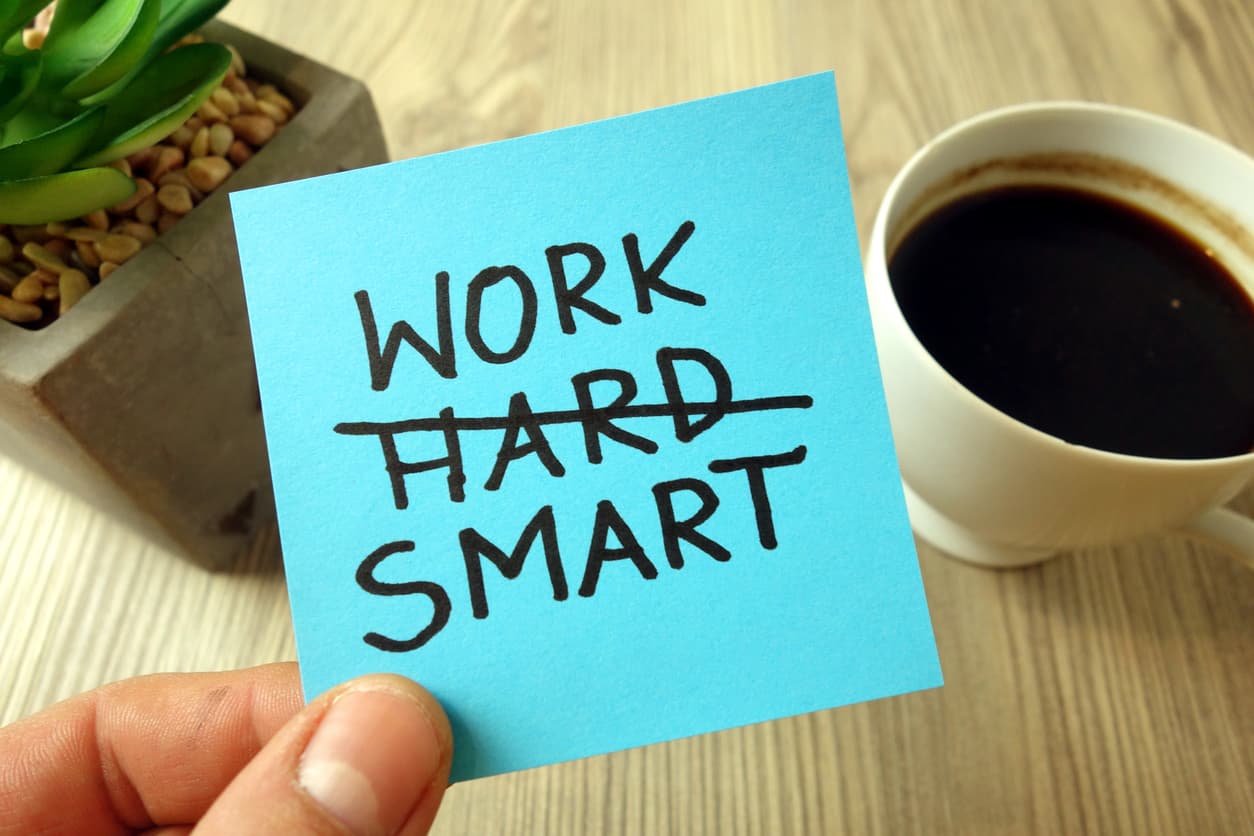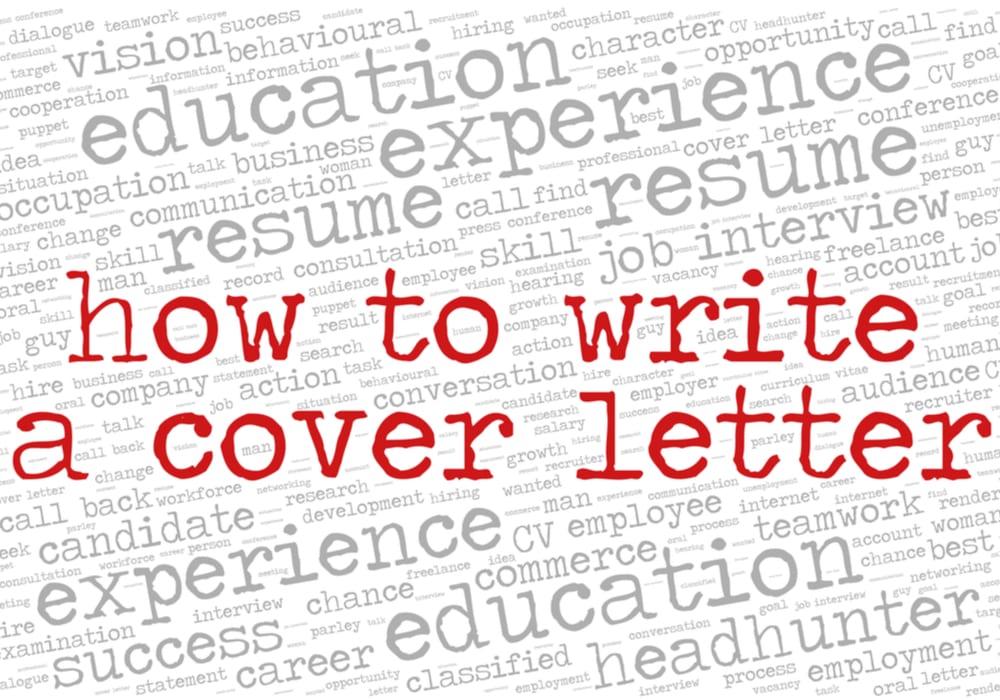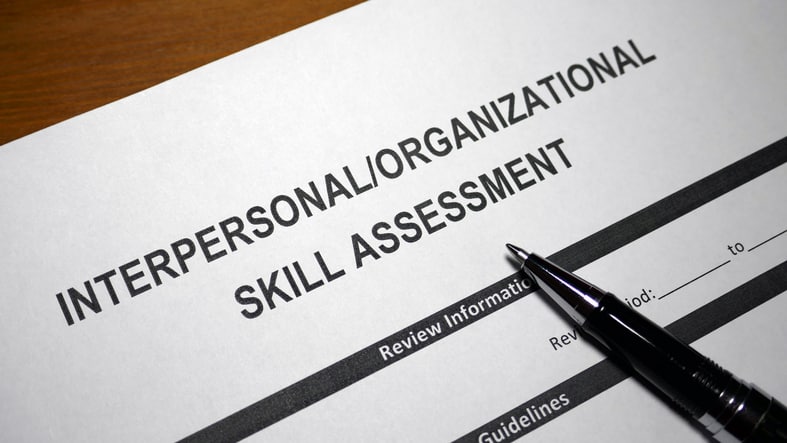What is a Reference?
A professional reference is someone who can speak about your work, skills, and character. Employers contact them to learn more about you. A good reference confirms what you say in your resume and interview. They highlight your strengths.
Why Do You Need References?
References help employers make hiring decisions. They provide an outside perspective on your abilities. A strong reference can give you an edge over other candidates. It builds trust with the hiring manager.
Choose the Right Reference
Choosing the right person is important. Think about people who know your work well. They should be able to speak positively about your skills and experience.
Here are the best people to ask:
- Former Managers: They know your work habits and performance. They can give specific examples of your achievements.
- Professors or Academic Advisors: If you are a recent graduate, professors can speak to your academic performance and work ethic.
- Colleagues: A peer can talk about your teamwork and collaboration skills.
- Mentors: A mentor understands your career goals and development.
Avoid asking family members or close friends. Employers prefer professional references.
3 Steps to Ask Someone to Be Your Reference
Asking someone to be your reference involves a few steps. Follow these to make the process smooth.
Step 1: Reach Out Professionally
Contact your potential reference with a clear request. An email works best. It gives them time to think and respond.
Here’s how to write your email:
- Use a Clear Subject Line: Make it easy for them to see your request. Something like “Reference Request – [Your Name]” works well.
- Remind Them Who You Are: Briefly state your connection. For example, “We worked together at [Company Name] from [Start Date] to [End Date].”
- State Your Purpose: Clearly say you are looking for a job and need references. Ask if they feel comfortable being one.
- Mention the Job: Briefly describe the job you are applying for. Explain why you think their perspective is valuable.
- Ask for a Call: Suggest a quick call to discuss the role in more detail. This shows you respect their time.
Here’s an email example:
Subject: Reference Request - [Your Name]
Dear [Reference Name],
I hope this email finds you well.
We worked together at [Company Name] from [Start Date] to [End Date], where I was a [Your Role]. I always valued your guidance on [Specific Project or Skill].
I am applying for a [Job Title] position at [Company Name]. This role involves [mention 1-2 key responsibilities or skills]. Your insights on my [Specific Skill] would be incredibly helpful for this application.
Would you feel comfortable serving as a professional reference for me? If so, I would love to schedule a brief call next week to tell you more about the role and answer any questions.
Thank you for your time and consideration.
Best regards,
[Your Name]
[Your Phone Number]
[Your Email Address]
[Your LinkedIn Profile URL]
Step 2: Prepare Your Reference
If they agree, give them all the information they need. This helps them give a strong recommendation.
Provide the following:
- Your Updated Resume: Send your most current resume. This reminds them of your experience and achievements.
- Job Description: Give them the job posting. This helps them tailor their comments to the specific role.
- Key Skills to Highlight: Tell them which skills or experiences are most relevant to the job. For example, “Please mention my project management skills.”
- Your “Story”: Briefly explain why you want this job. Share your career goals. This helps them connect your past work to your future aspirations.
- Application Deadline: Let them know when the employer might contact them.
- Company Information: Provide details about the company. This shows them you have done your research.
Consider sending a bulleted list of your achievements. This makes it easy for them to remember specific examples. For example:
- Led the [Project Name] project, completing it 2 weeks ahead of schedule.
- Improved team efficiency by 15% through implementing [New Process].
- Successfully resolved [Specific Challenge] by [Action Taken].
Step 3: Follow Up and Thank Them
After you provide the information, follow up. Thank them for their help.
- Confirm Receipt: Send a quick email confirming they received all the documents.
- Keep Them Updated: Let them know if you get an interview or an offer. This keeps them in the loop.
- Send a Thank You Note: Once the process is complete, send a thank-you note. A handwritten note or a thoughtful email shows your appreciation.
Here’s a thank-you email example:
Subject: Thank You - Reference for [Job Title]
Dear [Reference Name],
Thank you again for agreeing to be a reference for the [Job Title] position at [Company Name]. I truly appreciate your support.
I will keep you updated on my application status.
Best regards,
[Your Name]
Best Practices for References
- Ask for Permission Every Time: Do not just list someone as a reference without asking. Always get their permission for each job application. Their availability and willingness might change.
- Provide Ample Time: Give your references enough notice. Do not ask them last minute.
- Be Specific About the Role: The more details you give, the better they can tailor their recommendation.
- Practice Your Pitch: Be ready to explain your career goals and why you want the job. This helps your reference understand your motivation.
- Maintain Relationships: Stay in touch with your professional contacts. Nurture these relationships. This makes asking for a reference easier in the future.
Conclusion
Asking someone to be your reference is a key part of your job search. Choose the right person, prepare them well, and thank them for your support. This approach helps you get a strong recommendation and move closer to your career goals.






